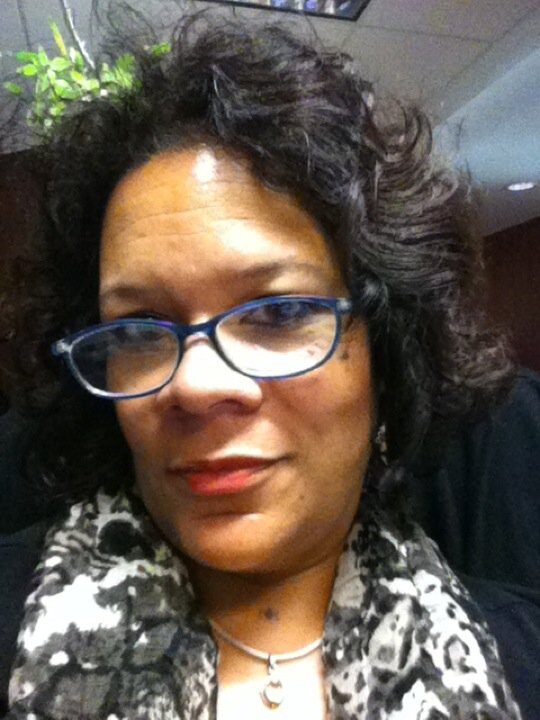Lana Tyehimba

I grew up in Detroit in the 1960s, during the city’s industrial and musical heyday. My mother’s family migrated to Detroit from Virginia, a state that sounded like one big ugly tobacco field based on the stories I overheard. But in Detroit, the promise of a better life was being realized – or so it seemed. While there were a growing number of black teachers, store owners, auto workers and homeowners, racial tensions were noticeable. We didn’t visit certain areas of the city. I truly wasn’t even exposed to white people until I attended an integrated high school in downtown Detroit. I remember “Free Angela Davis” buttons, and men in bow ties selling bean pies and the Final Call, and Afros growing larger by the day. I loved feeling a part of a wildly varied people bound by blood and history, even though I wasn’t being formally educated in that history. I was being educated in the streets. I remember the fires of the 1967 riots, and watching my mother go into a store and loot because we “deserved” more. I learned to be proud, but afraid too. Mostly, I learned that African Americans never, ever stop trying.




